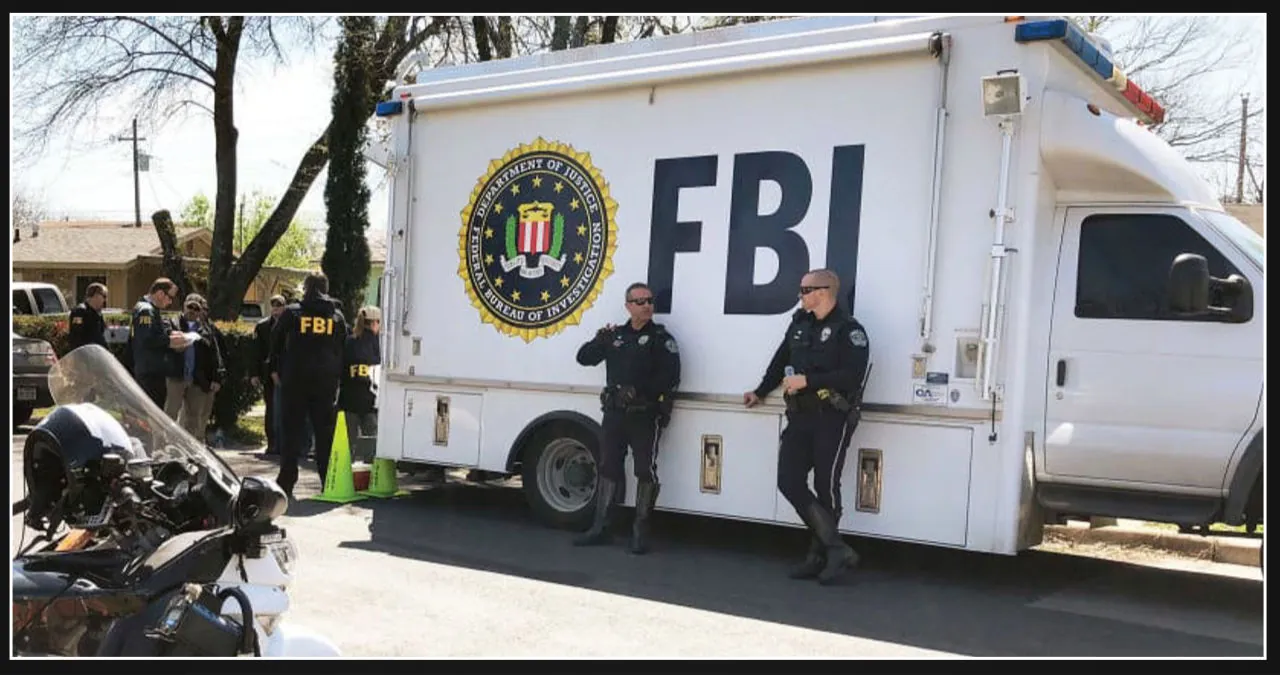Federal prosecutors are taking action to revoke the release order for Brad Kenneth Spafford, a Virginia man who has been charged with illegally possessing an unregistered short-barrel rifle and hoarding over 150 improvised explosive devices (IEDs) in his residence. The prosecutors assert that Spafford presents a grave threat to public safety, highlighting his possession of dangerous explosives and his use of violent language.
U.S. Attorney Jessica D. Aber and Assistant U.S. Attorney E. Rebecca Gantt submitted a motion detailing the disturbing discoveries made during a December 2024 FBI raid of Spafford’s Isle of Wight property.
The raid uncovered a cache of IEDs, including pipe bombs labeled “lethal,” explosive manufacture tools and components, and a jar of extremely unstable explosive material, HMTD, stashed in a freezer with food. Agents also discovered riot gear, a vest laden with pipe bombs, and a notepad containing explosive and grenade recipes.
According to the motion, Spafford professed support for political violence, used images of political persons as target practice, and sought sniper rifle certifications. According to a confidential informant, Spafford disfigured his hand while handling explosives in 2021 and has since stockpiled weapons and homemade ammo.
During conversations with the informants, Spafford allegedly considered installing a turret to protect his property and blocking access to his driveway. Prosecutors cited these measures as proof of his intention to prepare for possible violence.
The FBI classified the trove as potentially the largest collection of constructed IEDs in its history. They deemed the bombs, largely discovered in a detached garage, too unstable to transport and destroyed them on the spot. They purportedly engineered some of the devices to improve fragmentation, thereby boosting their destructive capacity.
Prosecutors argue that no conditions of release, such as electronic monitoring or a third-party custodian, could reduce the risk of Spafford’s release. They observed Spafford’s ability to create weapons from common materials and his apparent disregard for legal limits, as evidenced by his disparaging remarks about firearm registration procedures.
“The defendant’s release poses a danger to the community that cannot be mitigated by any available conditions,” prosecutors wrote. “The release order unreasonably places the burden of ensuring public safety on both the defendant’s mother and pretrial officers.”
After his arrest in December 2024, the government first released Spafford under conditions like electronic monitoring and his mother’s supervision. The government’s decision to revoke the release order argues that Spafford’s past, resource access, and stated intentions render him too dangerous for bail.
The court has not yet ruled on the motion, and prosecutors want to file a supplemental brief after receiving transcripts from the initial detention session.
“This individual’s stockpiling of dangerous explosives and rhetoric advocating violence are deeply concerning,” a federal law enforcement official said. “The safety of the community must remain our top priority.”
Spafford is facing charges under the National Firearms Act, which carries a maximum term of 10 years in jail for each infraction. As the investigation continues, we anticipate additional charges for possession of harmful devices.

